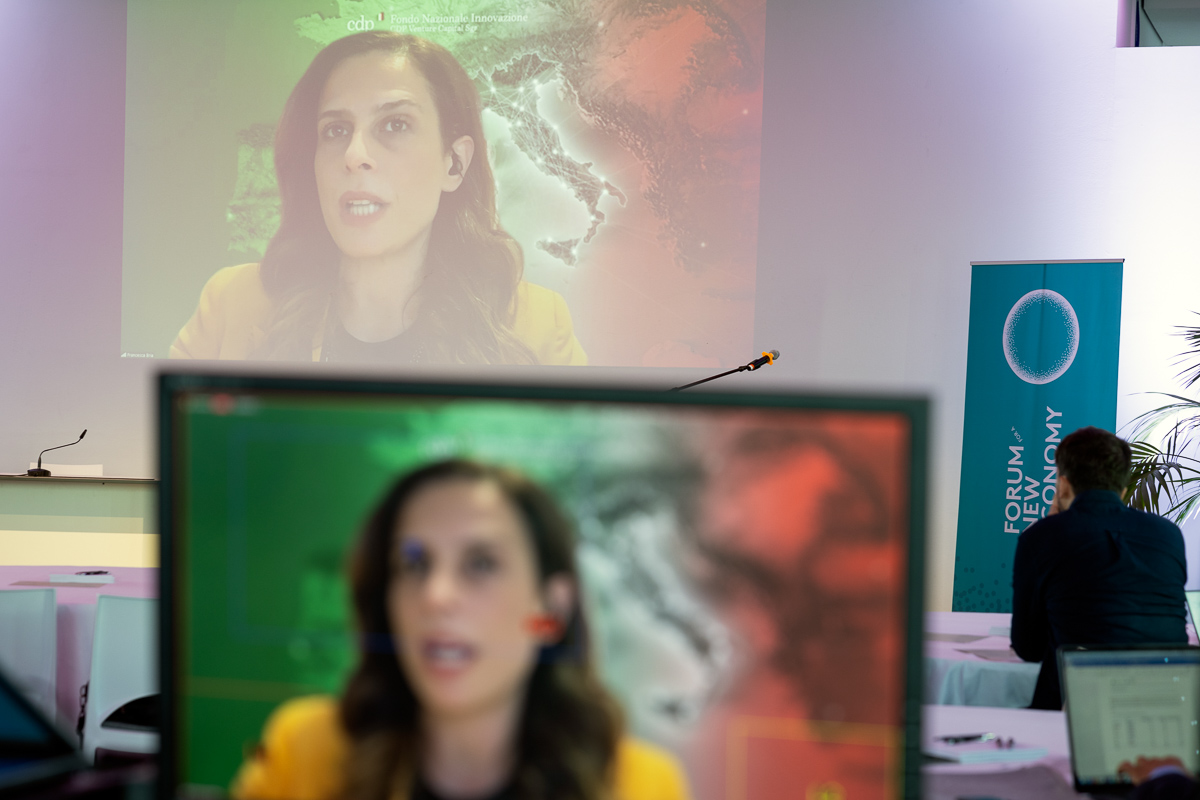THE STATE
Actors beyond Government - Talk between Francesca Bria and Christian Kastrop
What different forms of collective action beyond government are crucial for democracy? Francesca Bria and Christian Kastrop discussed this question at our X New Paradigm Workshop.
BY
DAVID KLÄFFLINGPUBLISHED
10. JUNE 2022READING TIME
3 MIN
What different forms of collective action beyond the government are there? How are digitalisation and democracy connected? What is the potential of digital technologies for improving the quality of life and the level of civic participation? These questions were discussed in a talk between Francesca Bria and Christian Kastrop as part of the X New Paradigm Workshop. The session was moderated by Georg Diez.
Francesca Bria pointed out the importance of a distinct third model for the EU next to the US and China. Whereas the US system could be described as Bigtech or Surveillance Capitalism and China follows a Big State model, Europe should concentrate on something she called the Big Democracy model. Key here is the revitalisation of democracy by new digital forms of democratic participations. Because people do not trust big business nor big state, this is according to Bria the only way to give back power to the people and regain their trust in democracy.
Christian Kastrop emphasised that digitisation also comes with dangers, like echo chambers or data protection issues. He expressed concerns about the development speed of digital technologies, of which politics and regulation cannot keep abreast. Europe should not let digital technologies develop freely and regulate afterwards, but rather a forward looking regulation is needed. A holistic view on things is needed in regulating the digital transformation to close the trust gap between the people and democracy.
